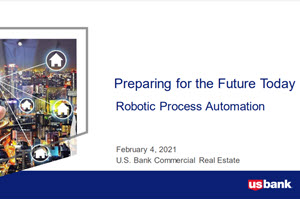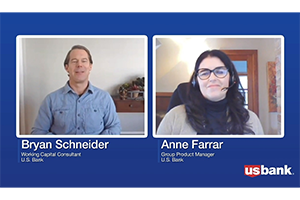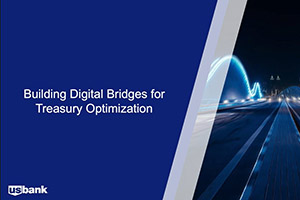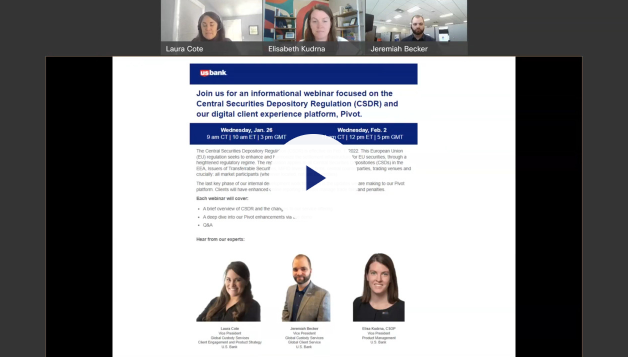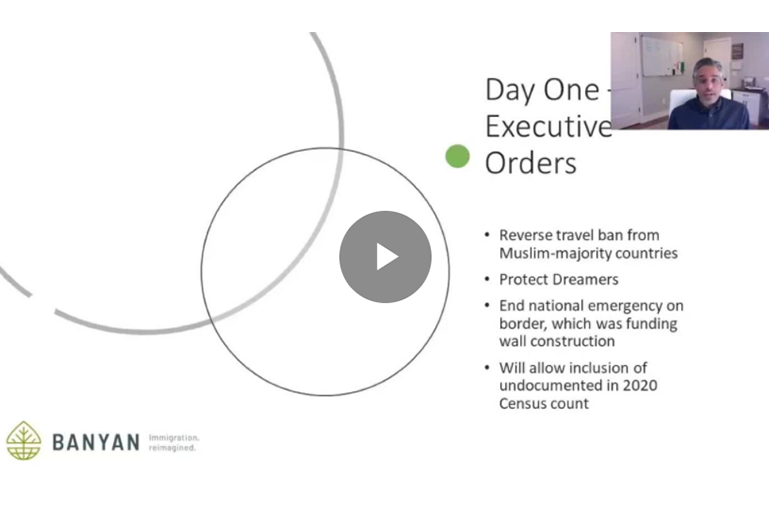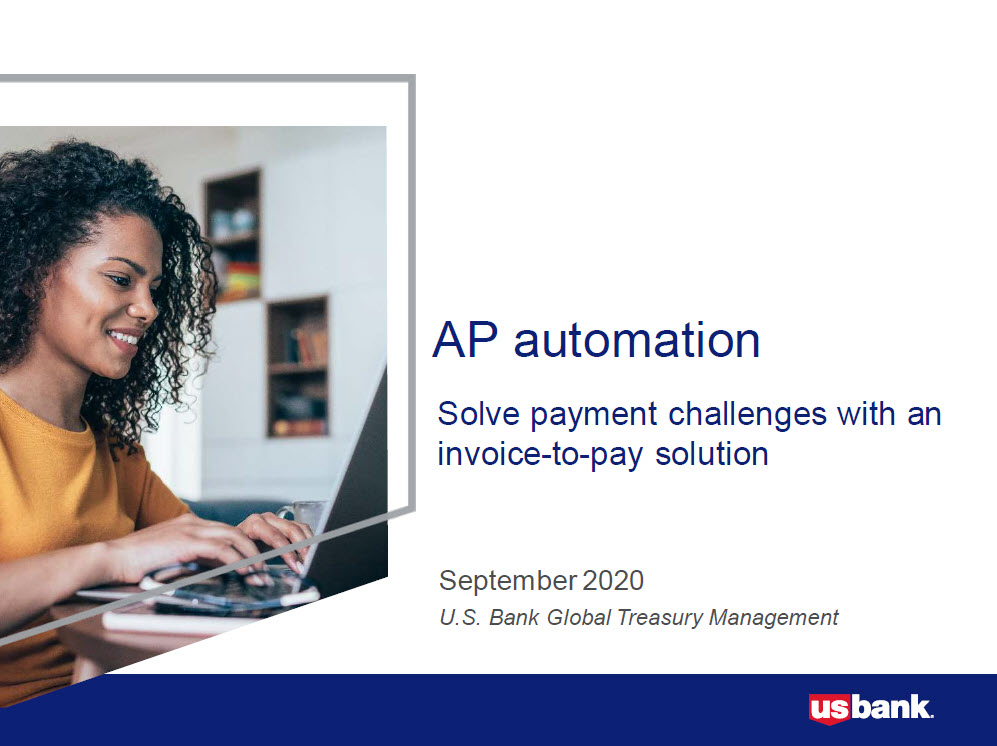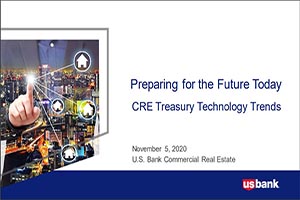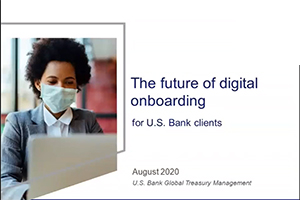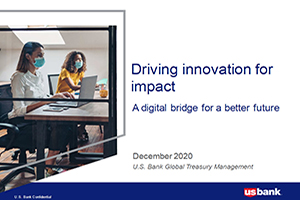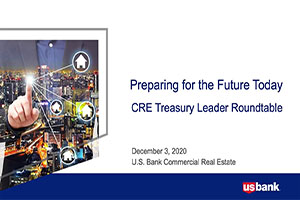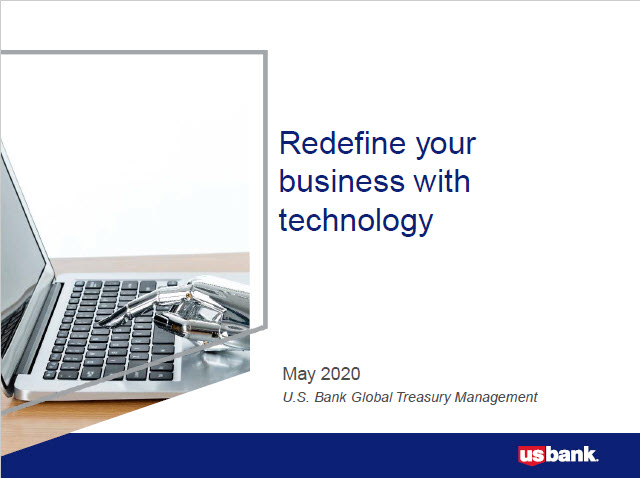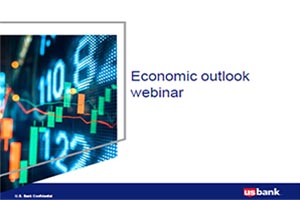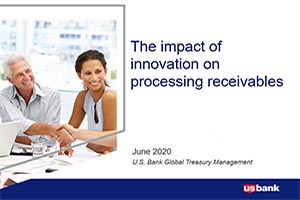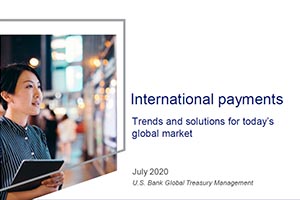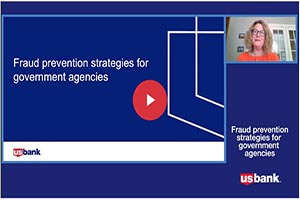The new Private Funds Law goes above and beyond the existing Mutual Funds Law. Learn how to address its impact on Cayman Islands partnerships, companies, unit trusts and LLCs.
In February, the Cayman Islands government introduced a new law that significantly impacts closed-end (or private) funds that are set up as Cayman Islands limited partnerships, companies, unit trusts and LLCs.
The Private Funds Law, 2020 goes beyond the scope of the Cayman Islands’ Mutual Funds Law, as amended in February. In addition to requiring registration of private funds with the Cayman Islands Monetary Authority (CIMA), it adds new operational requirements that are quite similar to investor protection structures in other jurisdictions. Private funds and their managers have until 7 August 2020 to comply with the law’s requirements.
Enhanced investor protections
The Private Funds Law introduces enhanced investor protections for closed-ended private funds domiciled in the Cayman Islands. These include the appointment of persons to perform asset valuation, cash monitoring, asset safekeeping and asset verification functions.
According to Brett Meili, senior vice president, global strategy with U.S. Bank Global Fund Services, the law reflects the growing convergence of laws and regulations impacting its clients. “These new operational requirements are very similar to those that the Alternative Investment Funds Managers Directive places on managers in Europe,” Meili says.
Breda Sullivan, head of depositary services – Europe for U.S. Bank, says the priority for managers of Cayman private funds is to register their funds with the Cayman Islands Monetary Authority (CIMA) before the deadline of 7 August 2020. “At the same time, private fund managers should also be planning for compliance with the law’s many intricacies, because it isn’t going away,” she says.
Demonstrating compliance is especially important when trying to attract and retain institutional investors, particularly European investors who are accustomed to and value independent oversight, which is part of European regulated fund structures, Sullivan adds. “The bar for Cayman private funds has been raised considerably.”
Registration details and operational requirements
For existing private funds and those that commence prior to 7 August 2020, the registration deadline is 7 August 2020. For funds launching on or after 7 August 2020, the registration deadline will be 21 days after capital is committed, provided that a private fund may not accept capital contributions from investors in respect of investments unless it is registered with CIMA. The following details will be required to register a private fund with CIMA:
- Application form
- Structure chart
- Auditor consent letter
- Administrator consent letter (when applicable)
- Certificate of registration/incorporation
- Constitutive documents
- Offering materials
The Private Funds Law also establishes the following operational requirements for private funds domiciled in the Cayman Islands as additional layers of investor protection:
- Valuation of assets
- Safekeeping of assets
- Identification of securities (where applicable)
- Cash monitoring
These activities can be performed by a third-party service provider or in-house by the fund manager or operator if certain conditions are met, such as specific segregation of duties and conflict disclosures.
“If the activities are performed in-house by the fund manager or operator, they must be performed by personnel who are clearly independent of the portfolio management function,” Sullivan explains. “Potential conflicts of interest must also be properly identified, managed, monitored and disclosed to investors, and CIMA may require independent verification by an independent qualified third party.”
Perform in-house, or outsource?
The question becomes whether private funds should perform these functions in-house or outsource them to an independent third-party service provider. According to Sullivan, there are several potential benefits to outsourcing these activities, which are not core to the investment process.
“Institutional investors in particular will take comfort from the appointment of an independent third party who is specialised in this area,” she says. “Providers such as U.S. Bank are already well-versed in providing depositary services to Cayman vehicles and bring particular expertise and experience in this area. It’s part of our core activities.”
“Depositaries such as U.S. Bank have extensive operational experience with the Private Funds Law requirements because they are so similar to the European AIFMD mandates that have been in place for years,” adds Meili.
Sullivan notes that use of an independent third party will also ease the burden of an EU equivalence transition should the passporting regime become available to Cayman funds.
“Our global operating model providing fund administration, global custody services and depositary offering will address these operational requirements with one trusted service provider, engaging with the client in their time zone,” says Sullivan.
U.S. Bank can serve as an independent custodian/depositary to help private funds domiciled in the Cayman Islands comply with the Private Funds Law’s new operational requirements. Contact us if you have more questions about the Private Funds Law and how you can best prepare for compliance before the upcoming deadline.















































